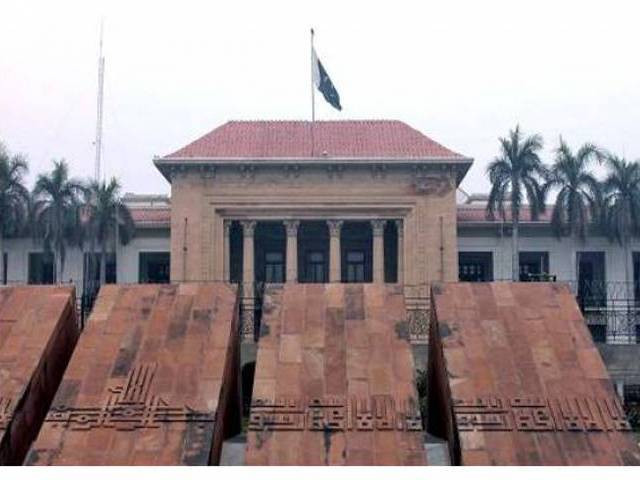PA has little legislative achievement to boast of
In a historic first, the 2020-21 budget session was convened at a local hotel

This year, the coronavirus pandemic casted a shadow over the legislative processes across the country, as the presence of lawmakers remained inconsistent in the assembly sessions.
As pertinent national issues beckoned attention, the Punjab Assembly held limited sessions to protect the lawmakers from contracting the disease that also claimed the lives of two MPAs. In a historic first, the 2020-21 budget session was convened at a local hotel rather than the assembly hall, inviting scathing criticism for both the speaker and the ruling party. The assembly struggled with its performance as only 19 bills were approved in a mere total of 10 sessions. The Public Accounts Committee-I and several other standing committees could not operate, which consequently affected Punjab's parliamentary system. A total of 159 days were counted intermittently in the 10 sessions.
Out of 19 bills, the most significant were the Tahaffuz-e-Bunyad-e-Islam bill and the other bills passed for strengthening the standing committees, allowing them to take suo moto action. The assembly also witnessed unanimous resolutions against the blasphemy in France and in favour of the freedom movement of Kashmiris, including 24 other resolutions of public interest. This year, more than 300 adjournment motions were moved in the House, initiating a longer response time. In a failure to fully functionalise the parliamentary system, only 22 chairmen out of a total of 41 standing committees of the Punjab Assembly could be elected. In a bid to conceal the legislative shortcomings, the ruling party opted to form special committees to take the parliamentary system forward.
The opposition, however, raised objections on the bills passed. The most flagrant aspect of this year’s legislative processes was the government’s move to use 13 special committees for passing the bills, which is in violation of the rules, in the presence of the standing committees. The opposition created uproar during the Punjab assembly's ninth session, compelling the government to adjourn the session for an indefinite period. Owing to the ineffective ordinances, the government called the 10th session on an emergency basis, seeking the opposition’s support to extend the ordinances. In view of the virus outbreak, the attendance of the government and opposition members was limited to 50 and 48, respectively. Two parliamentarians, including PTI's Shaheen Raza and PML-N's Shaukat Manzoor Cheema, lost lives to the deadly contagion.


















COMMENTS
Comments are moderated and generally will be posted if they are on-topic and not abusive.
For more information, please see our Comments FAQ